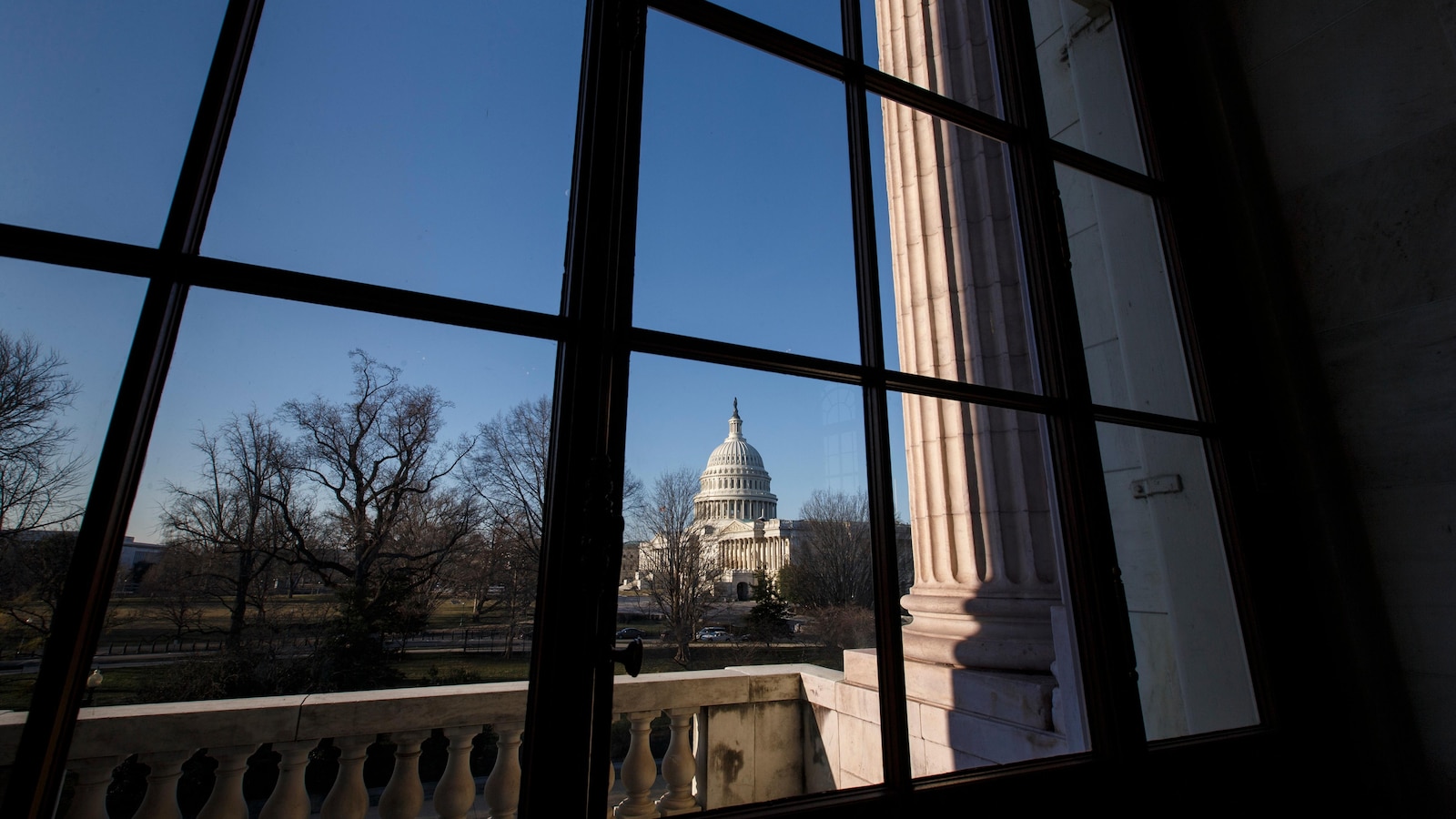
WASHINGTON — The Senate will vote for the second time this year on legislation that would establish a nationwide right to in vitro fertilization — Democrats’ latest election-year attempt to force Republicans into a defensive stance on women’s health issues.
The bill, which the Senate will vote on Tuesday, has little chance of passing this Congress, as Republicans already blocked the same bill earlier this year. But Democrats are hoping to use the do-over vote to put pressure on Republican congressional candidates and lay out a contrast between Vice President Kamala Harris and former President Donald Trump in the presidential race, especially as Trump has called himself a “ leader on IVF.”
The push started earlier this year after the Alabama Supreme Court ruled that frozen embryos can be considered children under state law. Several clinics in the state suspended IVF treatments until the GOP-led legislature rushed to enact a law to provide legal protections for the clinics.
Democrats quickly capitalized, holding a vote in June on the bill from Illinois Sen. Tammy Duckworth and warning that the U.S. Supreme Court could go after the procedure next after it overturned the right to an abortion in 2022. The legislation would also increase access to the procedure and lower costs.
“The hard right has set its sights on a new target,” Senate Majority Leader Chuck Schumer, D-N.Y., said on the floor Monday.
All but two Republicans voted against the Democratic legislation, arguing that the federal government shouldn’t tell states what to do. They said the bill was an unserious effort.
Still, Republicans have scrambled to counter Democrats on the issue, with many making clear that they support IVF treatments. Trump last month announced plans, without additional details, to require health insurance companies or the federal government to pay for the common fertility treatment.
In his debate with Harris earlier this month, Trump said he was a “leader” on the issue and talked about the “very negative” decision by the Alabama court that was later reversed by the legislature.
But the issue has threatened to become a vulnerability for Republicans as some state laws passed by their own party grant legal personhood not only to fetuses but to any embryos that are destroyed in the IVF process.
Duckworth, a military veteran who has used the fertility treatment to have her two children, has led the Senate effort on the legislation. “How dare you,’” she said in comments directed toward her GOP colleagues after the first vote blocking the bill.
Republicans have tried to push alternatives on the issue, including legislation that would discourage states from enacting explicit bans on the treatment, but those bills have been blocked by Democrats who say it is not enough.
Republican Sens. Katie Britt of Alabama and Ted Cruz of Texas tried in June to pass a bill that would threaten to withhold Medicaid funding for states where IVF is banned. Sen. Rick Scott, a Florida Republican, said in a floor speech then that his daughter was currently receiving IVF treatment and proposed to expand the flexibility of health savings accounts.
Cruz, who is running for reelection in Texas, said it showed Democrats’ efforts to pass legislation were a “cynical political decision.”
In a move that could have significant implications for individuals struggling with infertility, the Senate is set to reconsider protections for in vitro fertilization (IVF) in an upcoming vote during election year efforts. IVF is a widely used assisted reproductive technology that helps couples conceive a child when other methods have failed. However, the cost of IVF treatments can be prohibitive for many, leading some to seek out alternative options or forgo treatment altogether.
The protections for IVF that are currently in place ensure that insurance companies cover at least a portion of the costs associated with the procedure. This has made IVF more accessible to a wider range of individuals and has helped countless couples achieve their dream of starting a family. However, there are some lawmakers who believe that these protections are too costly and are pushing for them to be scaled back or eliminated altogether.
The upcoming vote in the Senate will determine the fate of these protections and could have far-reaching consequences for those in need of IVF treatments. If the protections are rolled back, it could mean that more individuals will be forced to pay out of pocket for IVF, putting this life-changing procedure out of reach for many.
Advocates for IVF protections argue that the benefits of ensuring access to this treatment far outweigh the costs. They point to the emotional toll that infertility can take on individuals and the importance of having options available to help them conceive. Additionally, they argue that the long-term costs of not providing coverage for IVF, such as increased healthcare expenses and lost productivity, could far outweigh the initial investment in coverage.
As the Senate prepares to vote on this issue during an election year, it is crucial for individuals and advocacy groups to make their voices heard. By raising awareness about the importance of IVF protections and the impact that rolling them back could have, we can ensure that those struggling with infertility have access to the care they need to build their families.
In conclusion, the upcoming vote in the Senate on protections for IVF is a critical moment for individuals in need of this life-changing treatment. By advocating for these protections and highlighting the benefits of ensuring access to IVF, we can work towards a future where all individuals have the opportunity to start a family, regardless of their financial circumstances.


